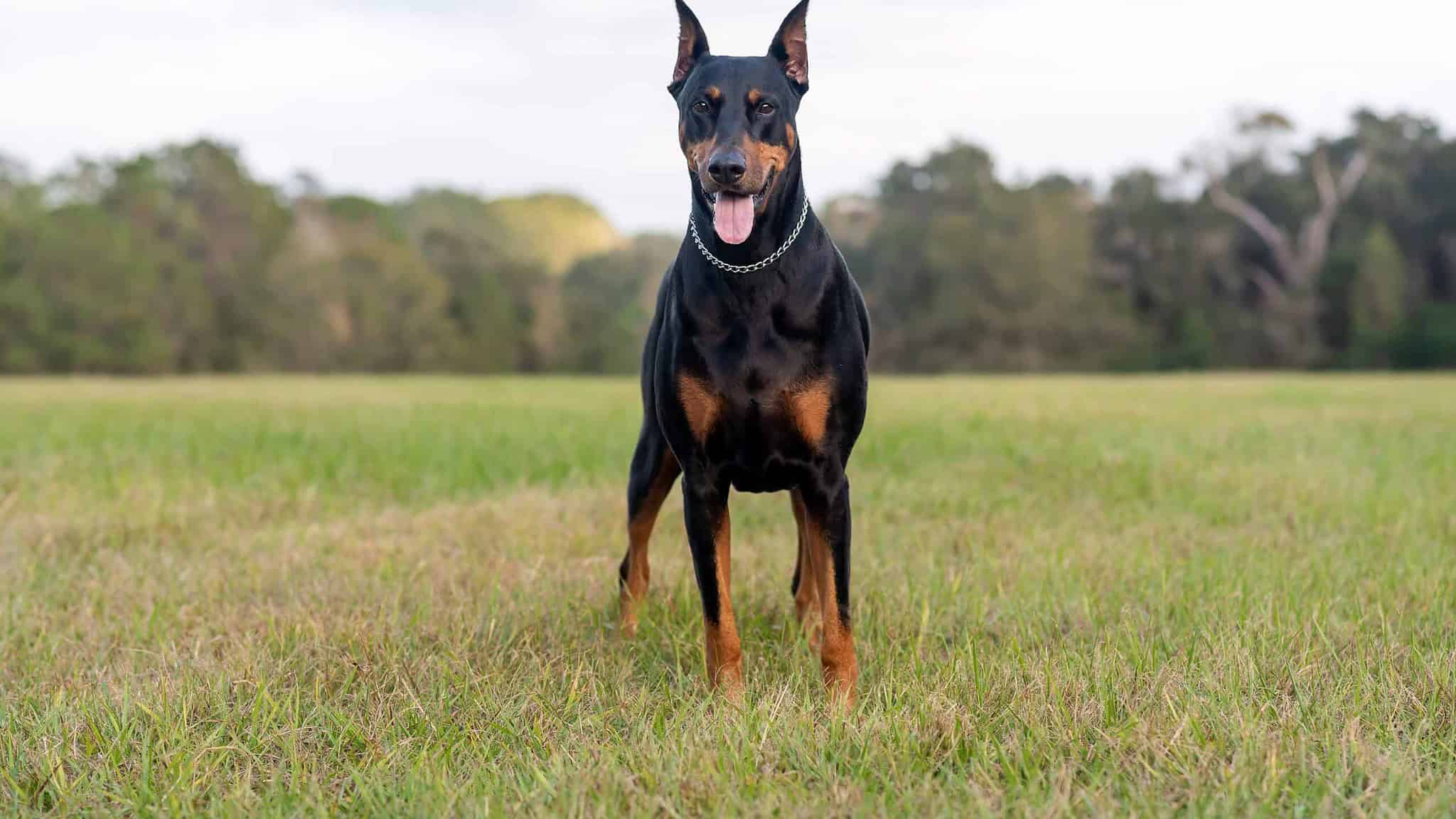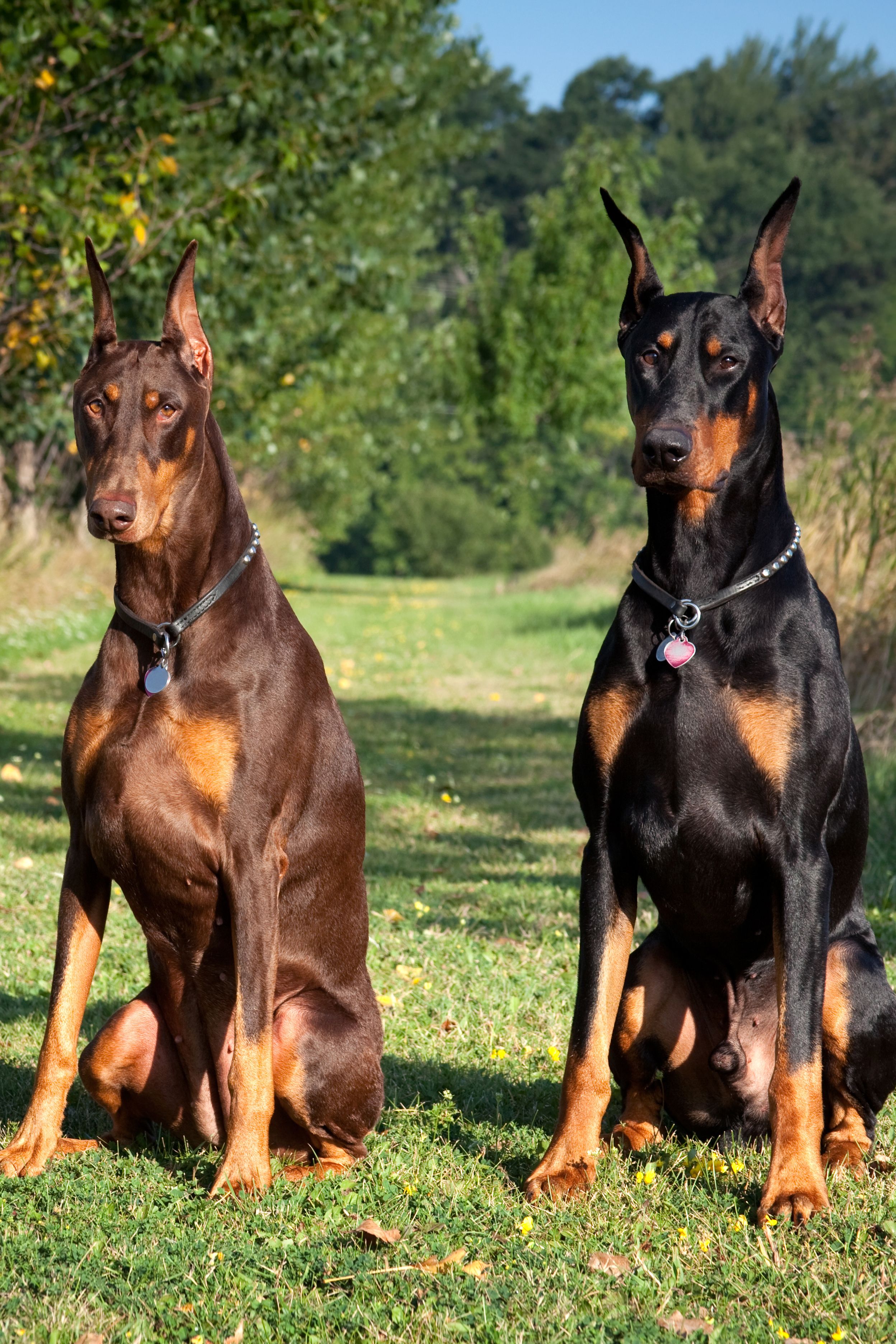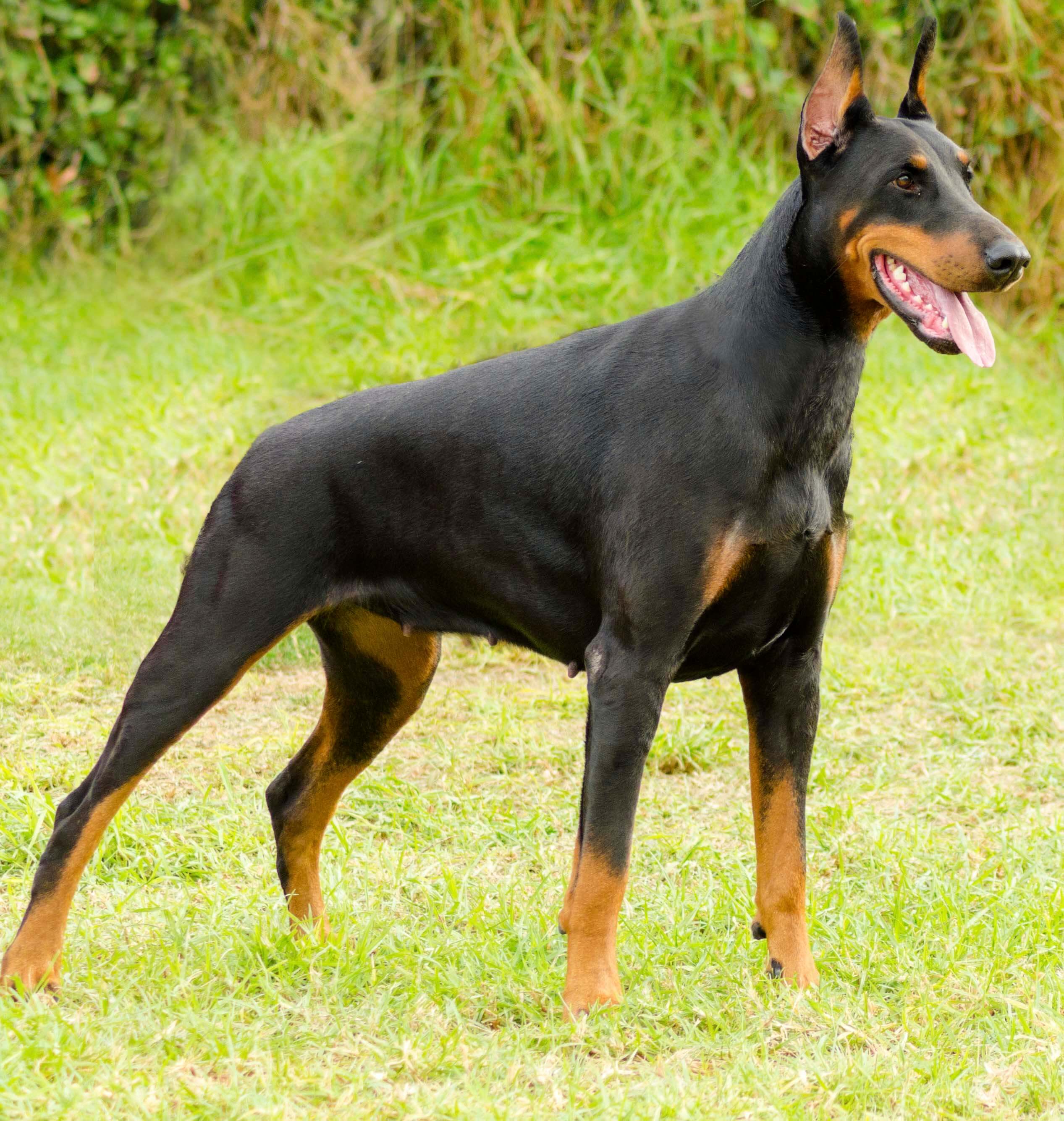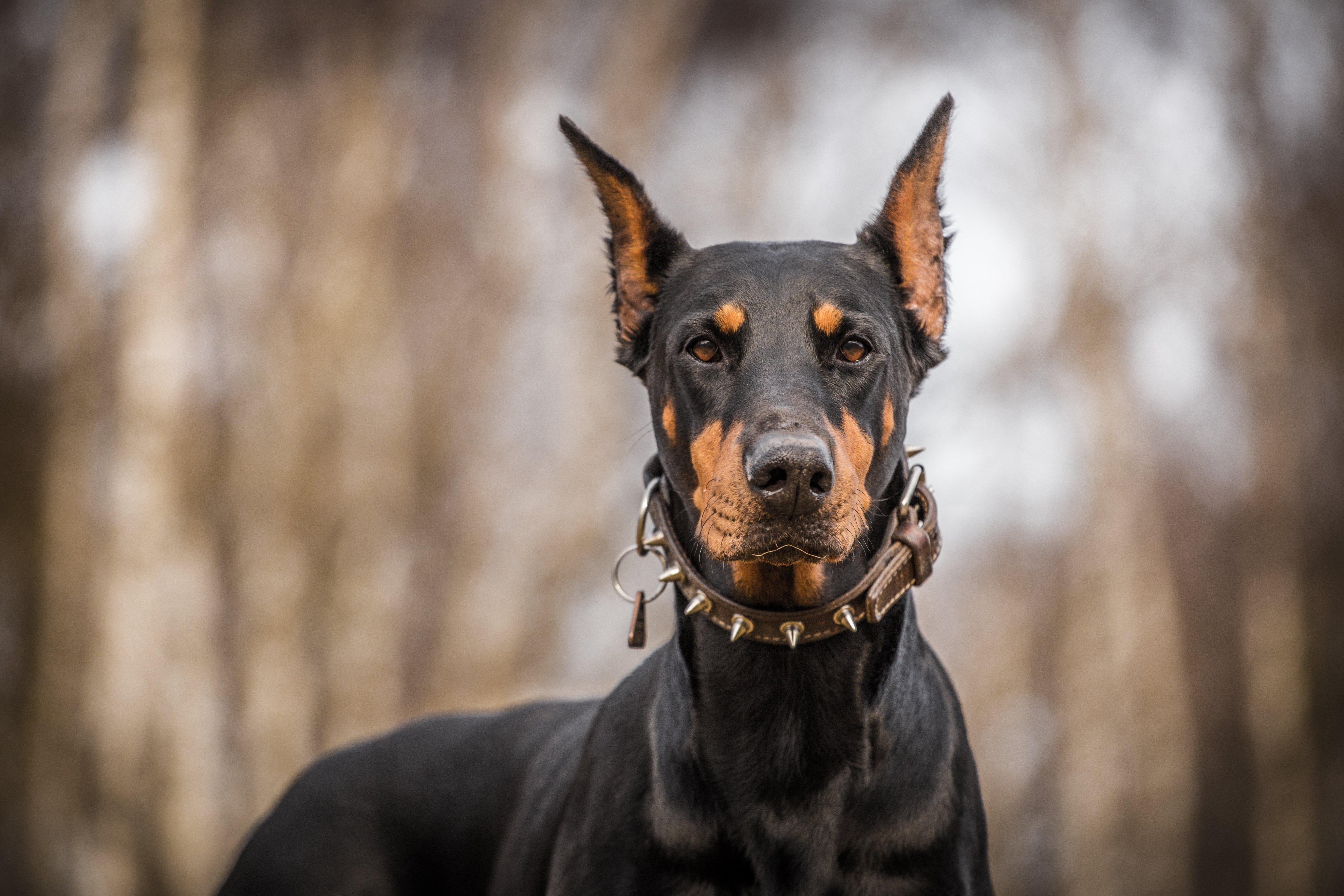The Rise of the Doberman Pinscher: Examining the Complexities of a Specialized Guardian
Introduction
In the realm of canine security, Doberman Pinschers have established themselves as a formidable presence. Renowned for their unwavering loyalty, exceptional guarding instincts, and physical prowess, they have become the quintessential choice for personal protection and property safeguarding. However, the journey to their esteemed status as one of the best guard dogs is a multifaceted narrative, entwined with meticulous breeding practices, societal perceptions, and evolving training techniques. This essay delves into the complexities of this remarkable canine's ascent as a guardian, critically examining the factors that have shaped their exceptional abilities and the implications of their role in modern society.
The Genesis of a Prolific Protector
The origins of the Doberman Pinscher can be traced back to 19th century Germany, where tax collector Friedrich Louis Dobermann meticulously bred various canine breeds to create a versatile working companion that could assist him in his demanding role. Dobermann's astute selection process focused on dogs with keen intelligence, athleticism, and natural guarding instincts, resulting in a breed that possessed an exceptional foundation for protection work.
Physiological Attributes and Instinctive Propensities
Doberman Pinschers are characterized by a muscular and athletic physique, with a sleek and powerful silhouette. Their muscular frames provide them with the necessary strength and agility to respond swiftly and effectively to threats. Additionally, their naturally alert and vigilant nature predisposes them to being keen observers of their surroundings, making them highly perceptive to potential dangers.
The breed's exceptional guarding instincts stem from a deeply ingrained territoriality that manifests as a protective response to perceived threats to their family or property. This innate protectiveness, combined with their intelligence and trainability, makes Doberman Pinschers highly effective at deterring and neutralizing potential threats.
Training Regimens and Reinforcement Techniques
The development of a Doberman Pinscher into a proficient guard dog requires a rigorous and comprehensive training regimen. Early socialization and obedience training are crucial to establishing a strong bond between the dog and its handler and to shape its behavior according to desired outcomes. Specialized guard dog training introduces techniques such as bite work, target acquisition, and scenario-based drills to hone their protective instincts and teach them to respond appropriately in various situations.
Reinforcement plays a vital role in shaping desired behaviors in Doberman Pinschers. Positive reinforcement, such as treats, praise, and play, is employed to reward and encourage favorable actions. Negative reinforcement, in the form of firm but fair corrections, is used sparingly and judiciously to discourage undesirable behaviors. This balanced approach to training fosters a mutually respectful and cooperative relationship between the dog and its handler, enhancing its effectiveness as a guard dog.
The Influence of Societal Perceptions and Cultural Norms
Societal perceptions and cultural norms have significantly influenced the role of Doberman Pinschers as guard dogs. In many cultures, they are perceived as symbols of strength, protection, and unwavering loyalty. This positive perception has contributed to their popularity as personal and property guardians, as people seek to harness their natural guarding instincts for their safety and security.
However, negative stereotyping and sensationalized media portrayals have also shaped public perception of the breed. Misconceptions about their inherent aggression and potential for violence have led to some jurisdictions implementing breed-specific legislation or restrictions. These biases highlight the need for responsible breeding practices, ethical training, and public education to dispel misconceptions and ensure that Doberman Pinschers are perceived and utilized in a fair and responsible manner.
Ethical Considerations and Responsible Guardianship
The use of Doberman Pinschers as guard dogs raises important ethical considerations. While their protective instincts can be a valuable asset, it is crucial to ensure that these dogs are trained and handled responsibly to prevent aggressive or excessive behavior. Ethical breeders prioritize temperament testing and selective breeding to mitigate the risk of inherent aggression.
Responsible ownership involves providing proper socialization, training, and mental stimulation for Doberman Pinschers to ensure their well-being and prevent behavioral issues. Negligent or abusive handling can compromise their temperament and undermine their effectiveness as guard dogs while also posing a safety risk to both the dog and the public.
Conclusion
The rise of Doberman Pinschers as one of the best guard dogs is a testament to the breed's unique combination of physical attributes, innate guarding instincts, and trainability. Through meticulously selective breeding, rigorous training, and responsible ownership, these dogs have become highly effective protectors of individuals and property. Societal perceptions and cultural norms have both influenced and been influenced by the breed's status, highlighting the need for responsible breeding practices, ethical training, and public education to ensure the fair and responsible utilization of Doberman Pinschers as guard dogs.
How Golden Retrievers Are Helping People With Disabilities
Golden Retrievers And Their Amazing Ability To Learn Tricks
10 Fun Facts About French Bulldogs You Didn’t Know!



